Many people are under the assumption that large fast food chains make exceptional amounts of money and they never face any challenges. At the end of the day that just isn’t the case. While some chains are doing very well for themselves, others have noted a significant decrease in profits, many having to close their doors for good or even file for bankruptcy.
Understanding The Business Model
Before getting into the ins and outs of the recent struggles of these fast food chains, it is important to have a solid understanding of how these stores are owned and operated.

Many of the fast food restaurants that you know and love are franchises, this means people pay a franchise fee to open a location of one of these popular chains and they ultimately own the business.
Success Of A Franchise
However, they follow the format that is developed by the company, receive the rights to use the company’s recipes and marketing, and maybe even get some assistance from the corporation to succeed.

The allure of low investment cost, big gains, is what draws so many people to buy these franchise fast food stores.
Exceptionally Successful
Franchising has been around since the 1800s, but it wasn’t until the 1950s that it was adopted by the fast food industry. At that time, thousands of Americans became business owners by buying McDonald’s, KFC, or Burger King restaurants.
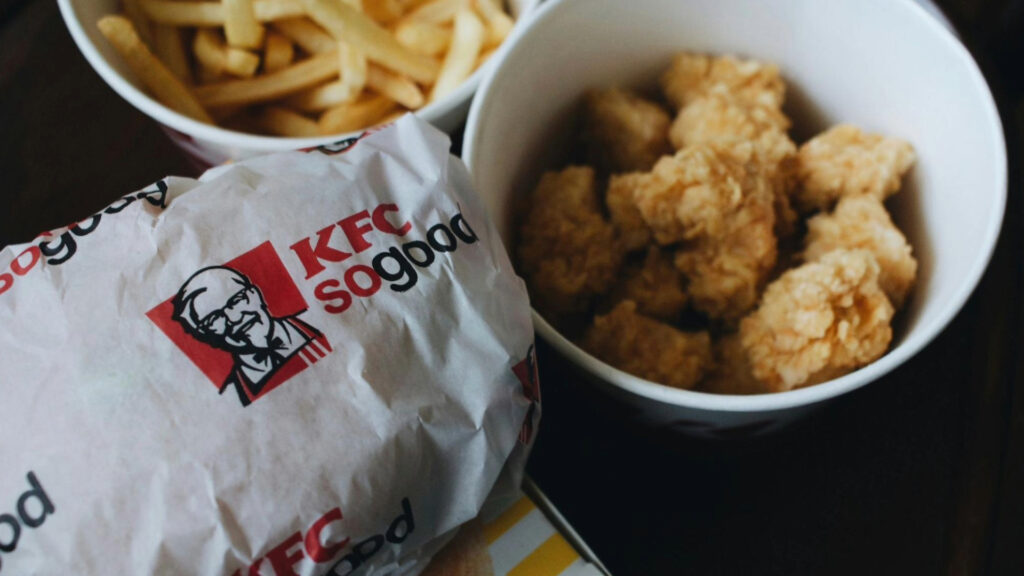
For the past 75 years, this model has proven to be wildly successful.
Which Ones Are Doing Well?
However, in 2023, an unusual occurrence took place: Hundreds of Burger King restaurants shut down, and many owners of Popeyes franchises filed for bankruptcy.
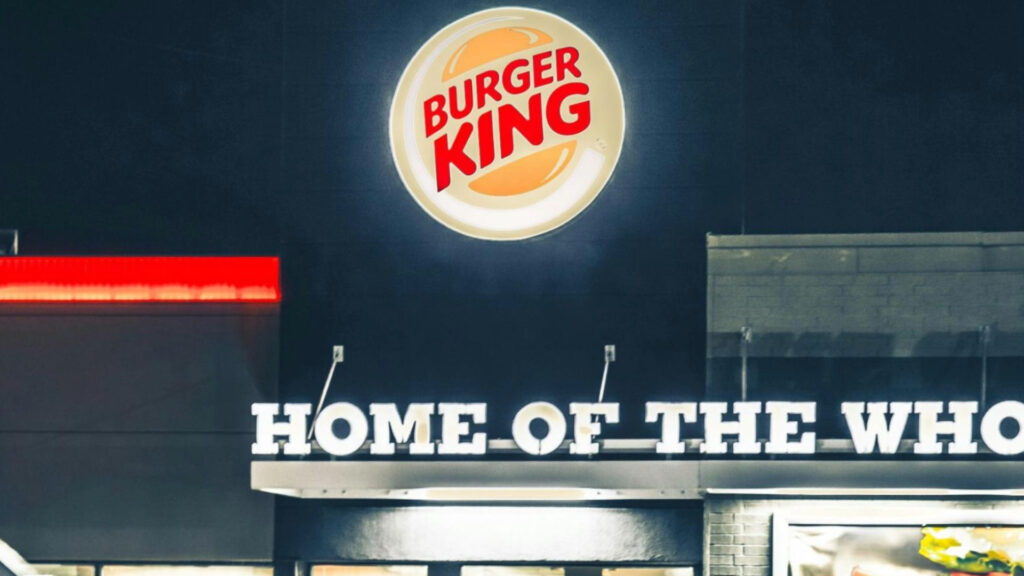
Both restaurants fall under the ownership of Restaurant Brands International, prompting the company to swiftly intervene to investigate the cause.
Why Do Some Close And Others Don’t?
There have been instances where franchise owners struggle to maintain a standard that is set up by the corporate brand, whether it be in production or sales.

In these scenarios, the stores often closed, even though the brand was still doing exceptionally well.
Lose Billions
RBI became aware that one of its largest franchisees, Carrols, was on the verge of closing dozens of its profitable locations..
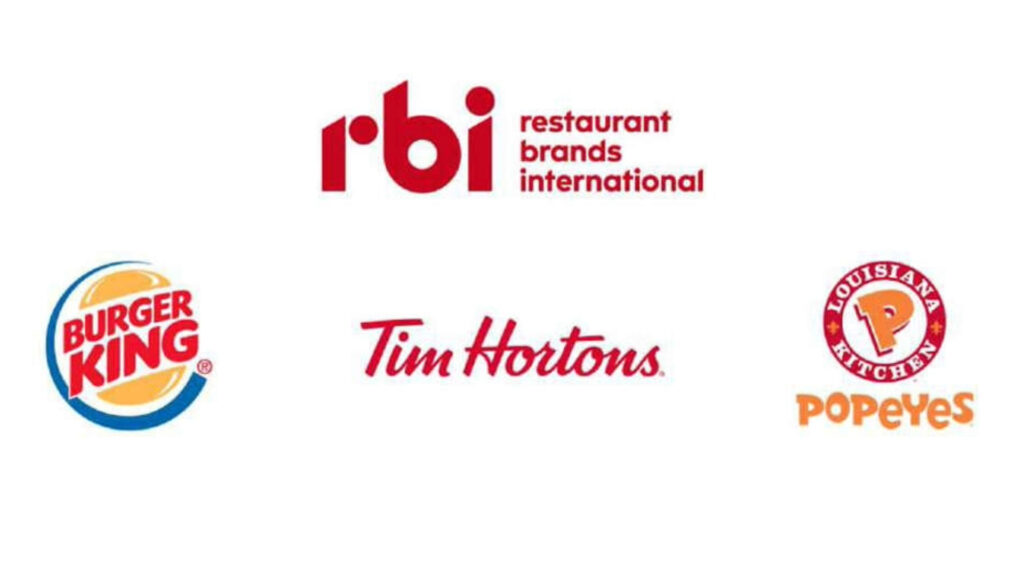
RBI explained during a press release, “Carrols is the largest Burger King franchisee in the United States today, operating 1,022 Burger King restaurants in 23 states that generated approximately $1.8 billion of system sales during the 12 months ended Sept. 30, 2023.” This is in addition to the 60 Popeyes restaurants Carrols owns in six states.
Not The Only Ones
While RBI deals with its crisis, another maybe not as well known fast food restaurant chain has nearly fallen apart. Bojangles, which is originally from South Carolina, has 800 locations spread out across eight states.
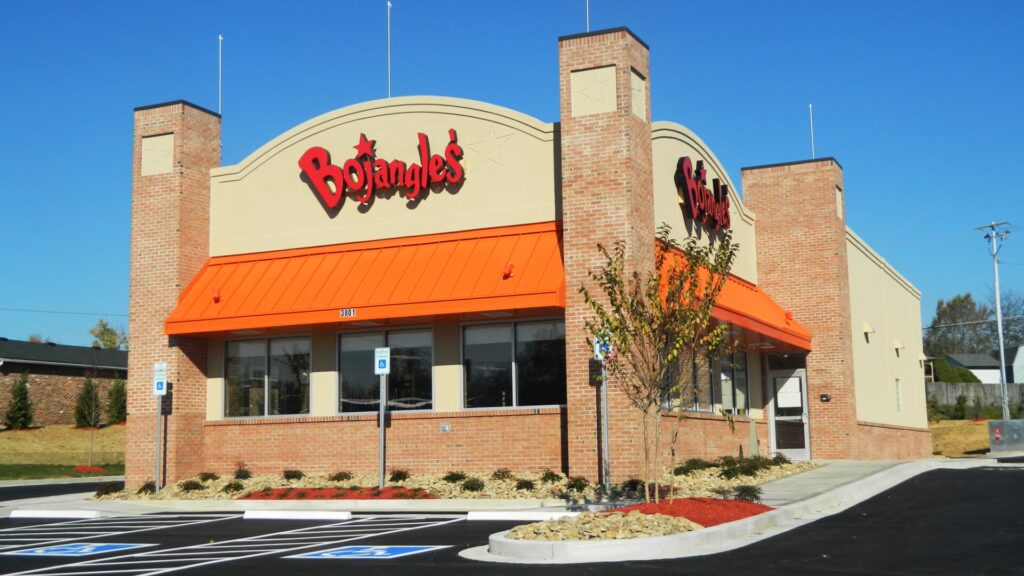
In 2023 the company was forced to close many of its locations after filing for Chapter 11 bankruptcy. The Bojangles website says the restaurants are still open, despite the windows being boarded up.
Two More Of RBI’s Biggest Franchisees
Concurrently, RBI mentioned that two of its other franchisees, Meridian and Premier Kings, had also filed for Chapter 11 bankruptcy and were also attempting to sell multiple locations.
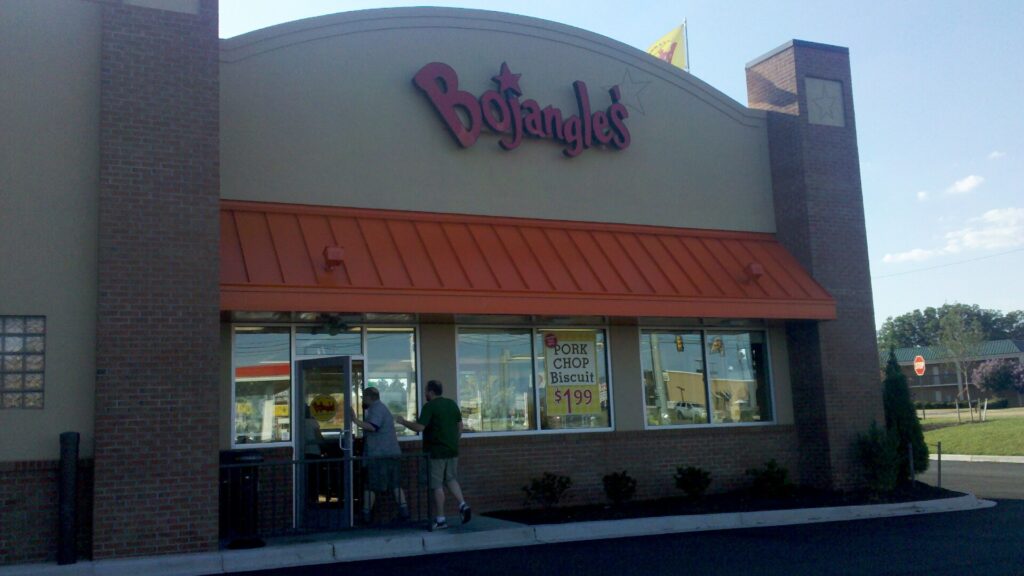
RBI made the decision to step in and purchase dozens of Carrols, Premiere King, and Meridian locations, though they still had allowed the closure of a few.
The Bojangles Franchisees
The franchisees who own the closed locations, Salim Kakakhail and Yavir Akbar Durrani, haven’t just lost their businesses. However, they may be faced with a state investigation for fraud, as many of their employees claim they are owed money for previous work.

Previous employees of the franchisees made claims that they were told to buy chicken from Popeyes or even Safeway (a local grocery store) and sell it as their own when they ran out.
The Struggle
Certainly, the situation at Bojangles appears to be unique. Yet, simultaneously prosperous franchisees of Burger King and Popeyes are also closing their doors. So, what is the reason behind these fast food chains’ struggles?
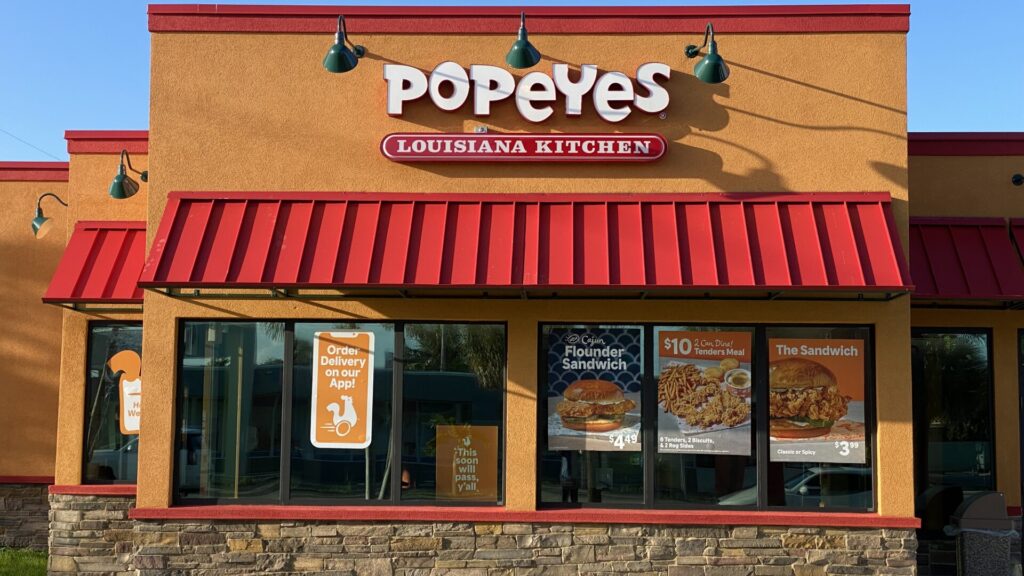
Numerous fast food chains have witnessed notable declines in sales in recent years, this also coincides with their price increases. With soaring inflation rates, tens of millions of Americans are living on less to spend than ever before, and many have decided to cut out fast food to save money.
Cracker Barrel
Amidst the trend of people choosing to stay at home, one restaurant that is feeling the impact of this is Cracker Barrel. During its first quarter, Cracker barrel reported a 7.1 percent decrease.
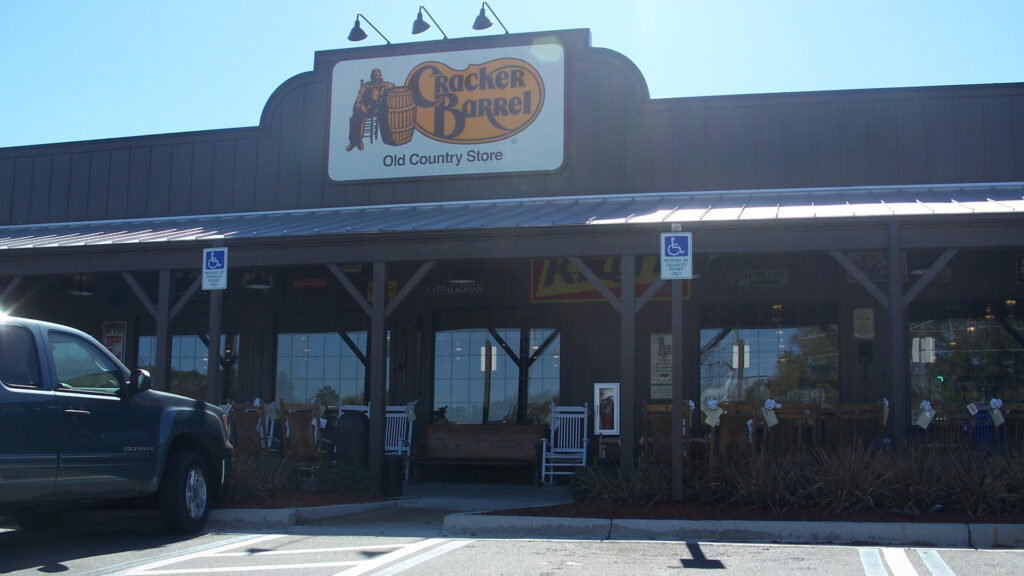
The restaurant refrained from giving up any details about the cause of the decline in traffic. However, the chain did state that insufficient marketing, inflation, and needed improvement has caused many restaurants to close their doors.
Public Statement Released
Following the circulation of these rumors, Bojangles released an official statement regarding the franchisees in question.

It said,“The franchisee is no longer in the Bojangles system. However, it is important to note in your coverage that franchisees are independent business owners who are licensed to operate a brand but have autonomy over many aspects of their business, including hiring employees and payroll responsibilities.”
Lingering COVID-19 Effects
Multiple restaurants are still struggling from the lingering effects of COVID-19. Thai Union Group, a minority stakeholder in Red Lobster, announced that it has plans to divest from the chain after they lost $22 million.

Thai Union wrote in a news release, “The combination of COVID-19 pandemic, sustained industry headwinds, higher interest rates and rising material and labor costs have impacted Red Lobster, resulting in prolonged negative financial contributions to Thai Union and its shareholders.”
Blames Inflation
A well known American chain, Denny’s, closed 57 locations in 2023 and placed the blame on inflation. Robert Verostek, the CFO of Denny’s states that the chain will need $1.2 million to keep the remaining chains open.

Regardless of its recent influx in closures, Verostek has stated that the company has plans to open 28 Denny’s in the United States. However, it isn’t likely that any of these new chains will be located in California.
Influx In Minimum Wage
In Addition to decreasing sales, the cost of food for chains is continuing to increase, while several states are raising their minimum wage.

Governor Newsom in California passed a bill recently that increased the minimum wage for fast food workers from $16 to $20, an increase that could lead to more restaurant closures.
More Closures In California
California has faced significant challenges that stem from the recent law enacted to increase the minimum wage to $20 for fast food employees. This development is causing several restaurants, specifically pizza chains, to layoff many of their employees.

A report from The Wall Street Journal has said that these preemptive layoffs are efforts made by businesses to try and mitigate the financial impact of the wage increase.
Job Cuts
In December, Michael Ojeda, a 29-year-old Pizza Hut driver in Ontario, California, received a notice in December that his employment would be terminated in February from the Pizza Hut franchisee.

Ojeda said,”Pizza Hut was my career for nearly a decade and with little to no notice it was taken away,” highlighting the personal impact of the job reductions.
Closures From Wage Increase
Harsh Ghai, the largest operator of Burger King restaurants in California, has said that his 200 fast food chains along the West Coast will ultimately suffer from the significant wage increase.
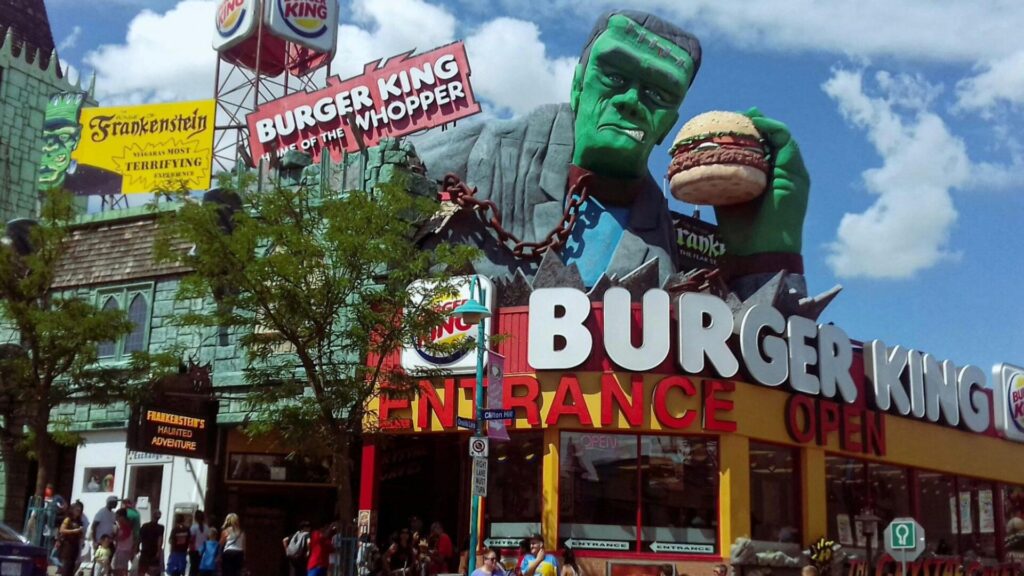
Ghai told KCRA 3,”We don’t want to work with lobbyists; we want to run our restaurants.”
Widespread Layoffs
Southern California Pizza Co., a franchisee of Pizza Hut, has also made an announcement that it would be laying off approximately 841 drivers across the state of California.
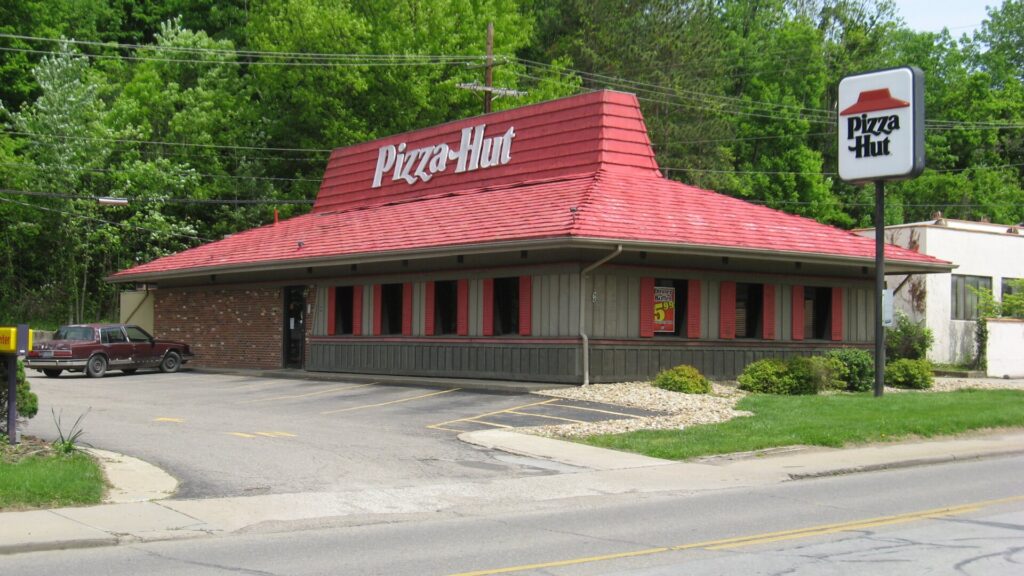
This decision affects locations in Los Angeles, Orange, San Bernardino, Riverside, and Ventura counties, illustrating the extensive reach of the workforce adjustments in anticipation of the new wage law.
Third-Party Delivery Services
In an effort to adapt to the changing economic landscape, many franchises are choosing to transfer their delivery services to third-party providers.
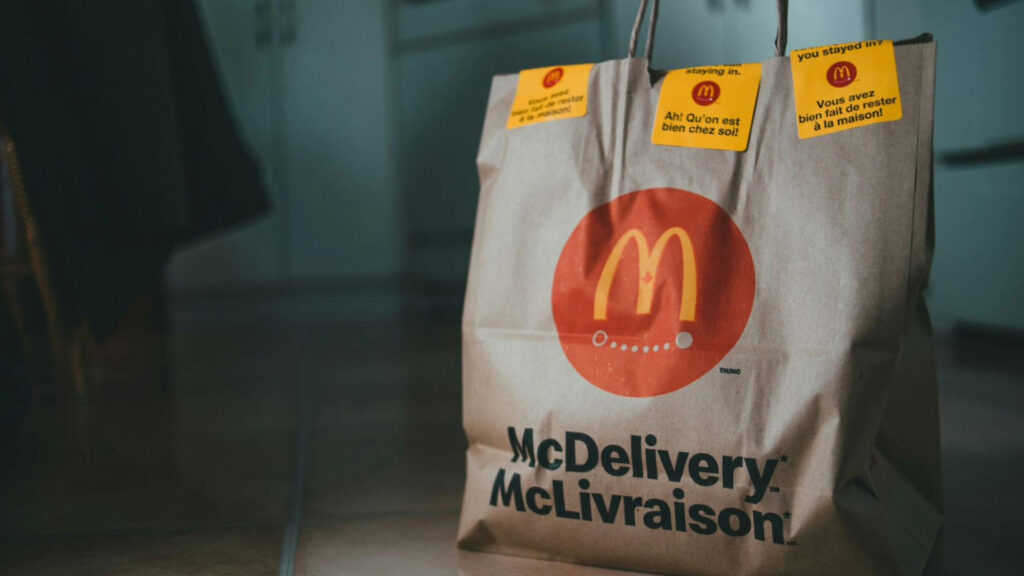
FAT Brands made a statement to Fox Business, the parent company of Round Table Pizza, explained, “The franchisee is transferring their delivery services to third-party. While it is unfortunate, we look at this as a transfer of jobs.”
Layoffs
Much like Round Table Pizza, other large players in the industry have hinted at their plans to lay off around 1,280 delivery drivers this year.
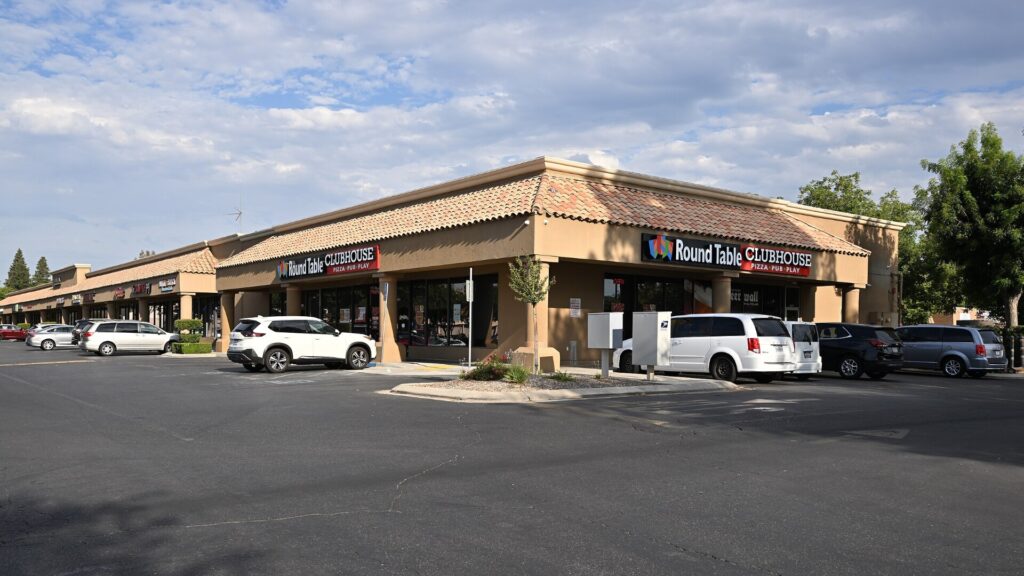
This is in an effort to address the issues that come with the rising operating costs, and the new minimum wage law.
Possible Impact On Customer Price
The shift to third-party delivery services could lead to higher costs for consumers. FAT Brands has acknowledged that there is a possibility that the fees for delivery could increase, which could ultimately lead to higher prices for their overall order.
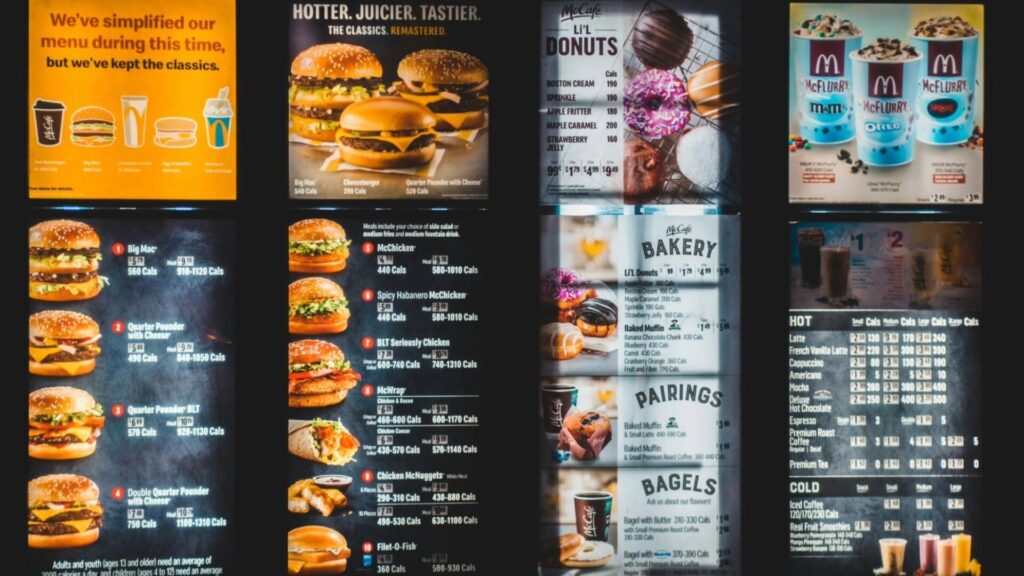
This change shows the bigger economic adjustments that businesses are having to make in response to the increase in minimum wage.
Portland’s Minimum Wage Increase
These concerns parallel the effects of Portland’s increase in its minimum wage back in 2016, moving up from $9.25 to $14.75.

This minimum wage increase has sparked debates despite its efforts to better support working families. The increase was introduced with a three-tier structure to help businesses adjust to the changes.
Reducing Staff
Aside from pizza chains, other fast-food restaurants are also feeling the heat from these changes. Brian Hom, who owns two Vitality Bowls restaurants in San Jose, has been forced to operate his stores at half the normal number of employees.

This has caused longer wait times for customers and an increase in menu prices. Hom said,”I’m definitely not going to hire anymore,” showcasing the difficult decisions that owners of businesses are having to make.
Portland Consequences
Juan Carlos Ordóñez, communications director at the Oregon Center of Public Policy (OCPP), told the Guardian, “There’s a substantial body of research that shows minimum wage increases have had little or no impact on jobs, either positive or negative.”

However, the increase in wages has led to price increases and employee hours being cut.
Learning From The Past
Some fast food owners point out that California’s new law for minimum wage and other factors will have negative impacts on local franchisees, and not their brand.

The increase from $16 to $20 will also increase other costs associated with branding, rent, and other fees. Many franchise owners are already having discussions about cutting hours, raising prices, and closing the doors of some of their restaurants.
Broad Reach
The new minimum wage law is aimed at fast food chains with 60 plus locations nationwide, affecting a large portion of the industry.

The law has ignited debates about the workforce in fast food restaurants, with supporters contending that many workers are not just teenagers in their first job, but adults relying on these positions for their livelihood.
Political Response
The wage increase has also created controversy in the political arena, with critics expressing concerns about impact on businesses and employment.

California Assembly Republican leader James Gallagher told FOX Business, “Restaurants are struggling to stay above water, and Democrats just threw them an anvil.”
Exemptions
Originally the new minimum wage law had exemptions that were applicable to certain types of businesses, such as establishments that prepare and bake bread on-site.
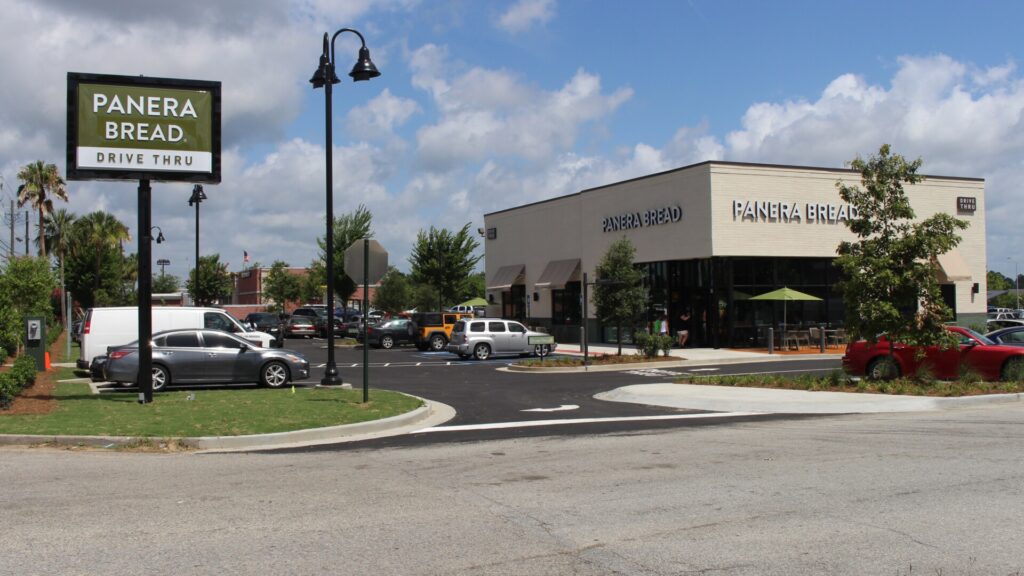
Panera Bread was among the chains initially exempted from the wage increase. However, allegations arose that California Governor Gavin Newsom pushed for this exemption.
Governor Newsom
Governor Newsom has strongly denied any allegations of favoritism towards Panera Bread and its investors. Newsom responded in February that Panera would also be required to comply with the new minimum wage law.
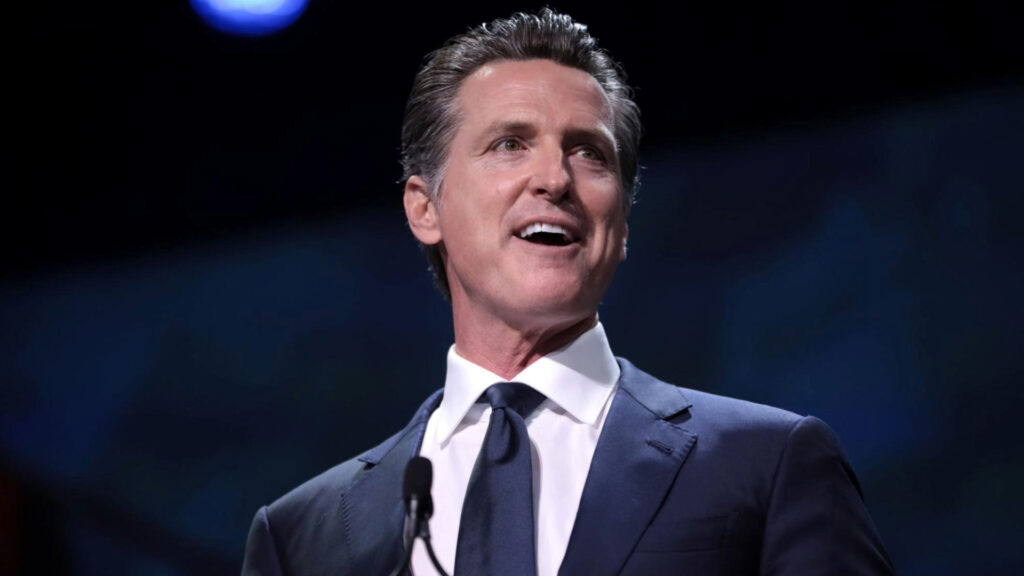
This was in response to concerns raised about the law’s exemptions.
Consequences
Many restaurants in California are already feeling the heavy burden of the increased minimum wages. Monica Navarro, former assistant general manager at Fosters Freeze, and her co-workers arrived to work the day the new bill was passed only to find out that the owner had shut the restaurant down without any notice.
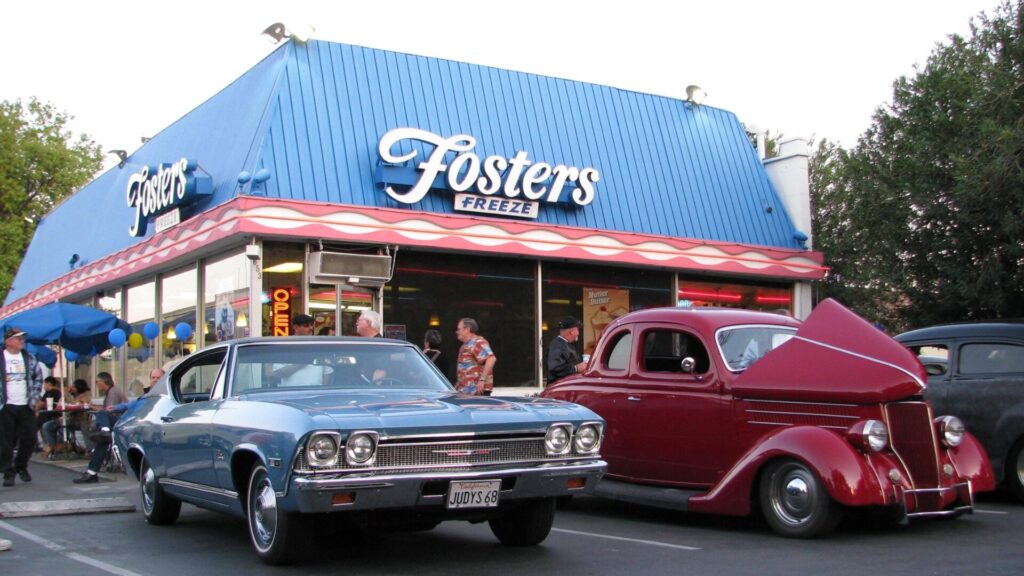
Navarro told Fox News,”It would have been nice to have a notice, so we could go get some applications [out], I could prepare them,” “The best I can do is honestly give them some references.”
Fosters Freeze’s Blames Minimum Wage Increase
Navarro found out later that day from management and Foster Freeze’s owner that the minimum wage law was the primary reason for the location’s closure.

She said,”He did blame it on the minimum wage increase. Although, from my understanding, I think we were exempt from it because of the amount of locations that he personally owns. But, he did ultimately blame it on that increase.”
Future Consequences
With the $20 minimum wage law set to be implemented, California’s fast-food industry is bracing itself for the impact of these changes.
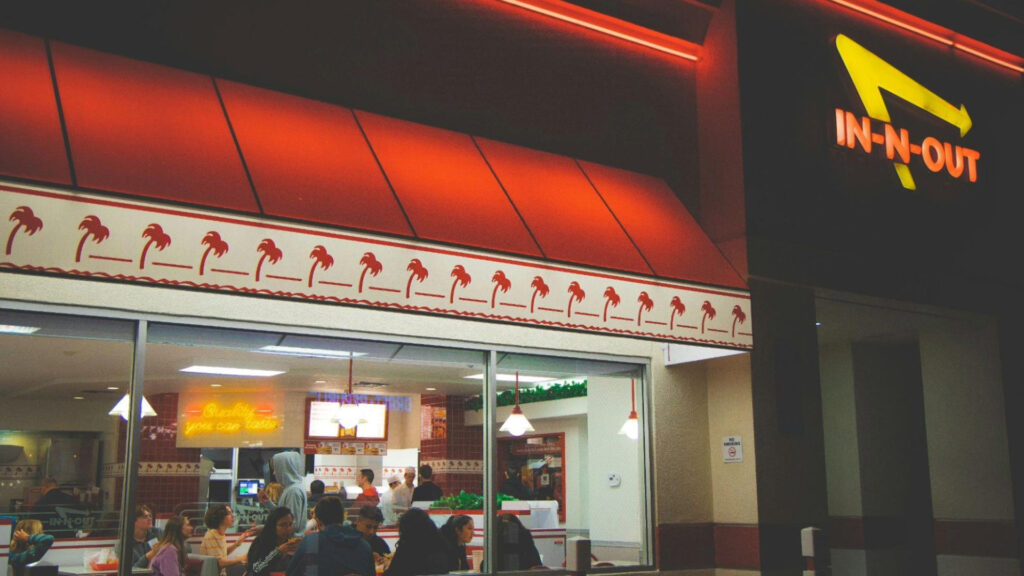
Across the nation the changes we are seeing, from layoffs, to closures, and major franchises filing for bankruptcy, just highlights the volatile nature of the fast-food industry in the United States.
Who Is Next?
In addition to the multiple Popeyes, Burger King, and Bojangles locations that have been forced to close their doors for good, reports are saying that popular restaurants like Taco Bell, KFC, and Pizza Hut could be next.
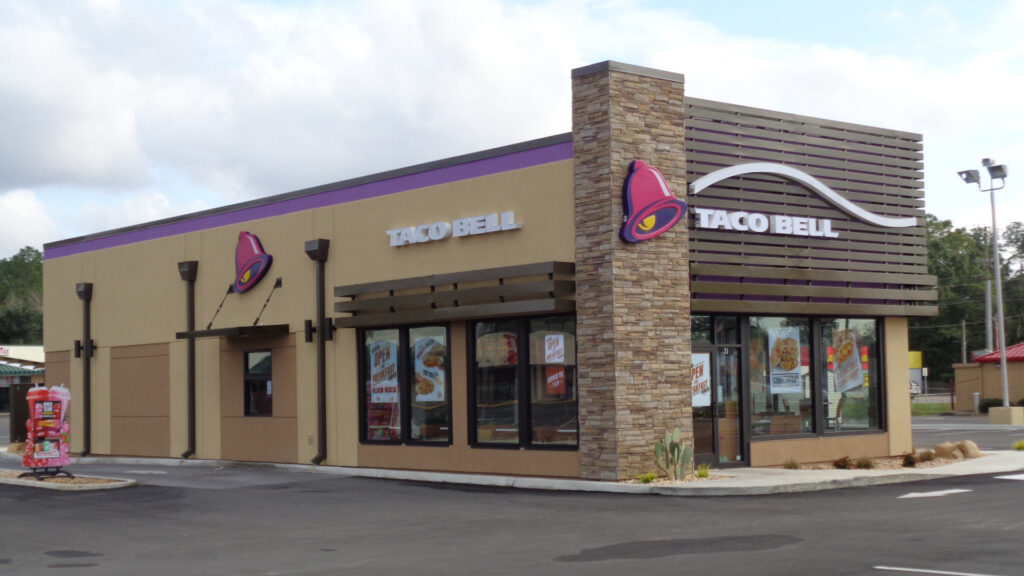
So, while there will likely always be plenty of fast food options in America, there is no avoiding the fact that for the first time in decades, the industry is facing significant struggles.





GIPHY App Key not set. Please check settings